STDs and Pregnancy
Last updated: Dec 20, 2025
Sexually transmitted
diseases (STDs) can significantly affect pregnancy by impacting fertility,
the health of both mother and baby, and the child's long-term well-being. While some STDs
such as HIV are not
curable, they can be effectively managed with appropriate treatment to support a
healthy pregnancy.
With data showing that young adults in Singapore aged 20 to 34 have the highest rates of STD
infections, understanding these effects and prioritising timely testing and
treatment is essential for those who are pregnant or planning to conceive.
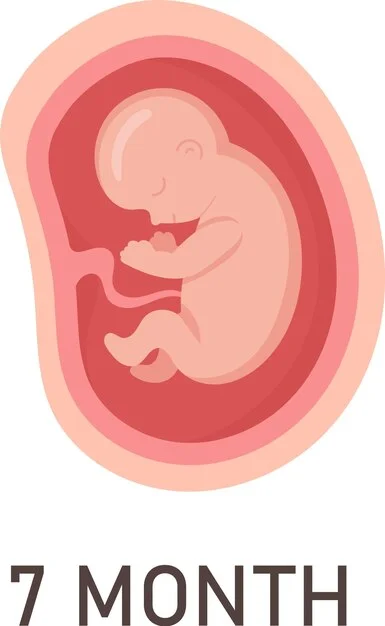

How STDs Can Affect Pregnancy
Impact on Fertility and Maternal Health
STDs like chlamydia and gonorrhoea can lead to pelvic inflammatory disease (PID), damaging the fallopian tubes, ovaries, and surrounding tissues. This damage can result in infertility or increase the risk of ectopic pregnancy (where a fertilised egg implants outside the uterus). Infections like HIV can weaken the immune system, making the mother more susceptible to other infections. Untreated STDs can also lead to long-term reproductive health issues such as cervical cancer. Regular screening and timely treatment for sexually active individuals are vital to protect fertility.
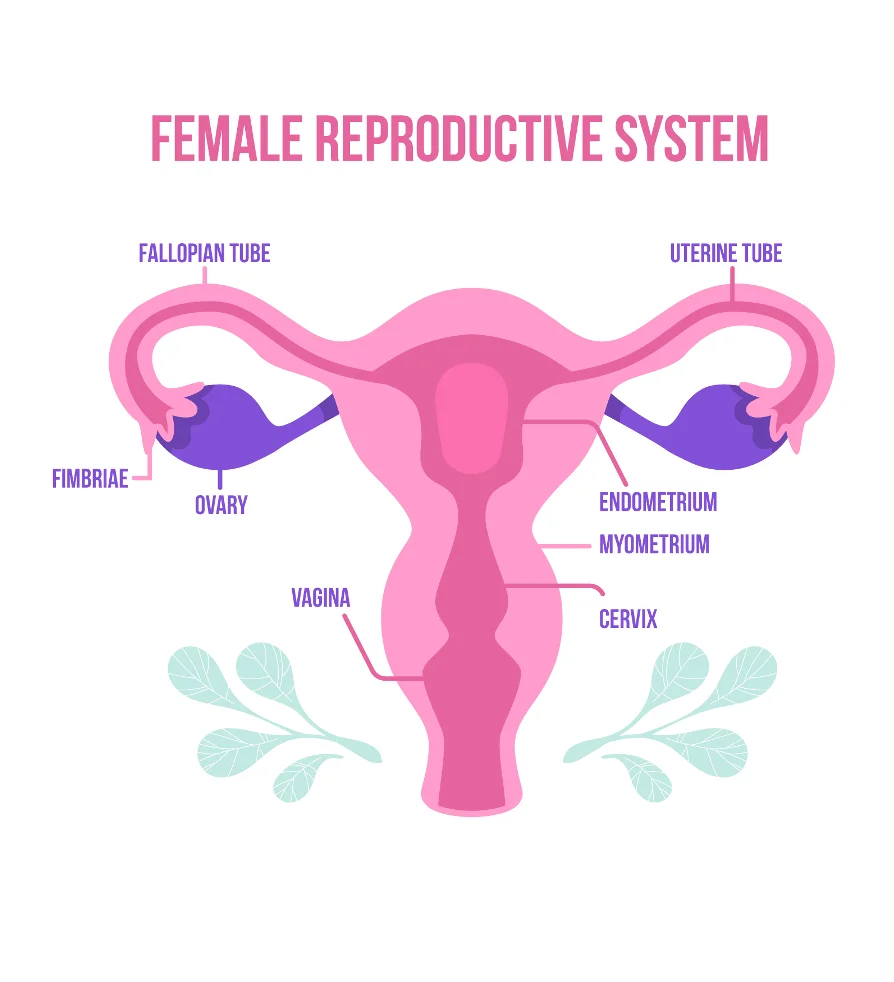
Potential Complications for the Baby
STDs can be transmitted from mother to baby during pregnancy, childbirth or breastfeeding. This can cause serious complications for the baby, including preterm birth, low birth weight, and stillbirth. Babies born to mothers with untreated STDs may face long-term health challenges:
- HIV: Infants infected with HIV can develop paediatric AIDS, leading to severe immune system deficiencies and developmental delays.
- Syphilis: Congenital syphilis can cause bone deformities, anaemia, jaundice, and neurological issues.
- Herpes: Congenital herpes can cause skin infections, brain inflammation (encephalitis), and seizures. It can also lead to recurrent episodes of herpes throughout life.
- Hepatitis B: Babies born with hepatitis B may become chronic carriers, increasing their risk of liver disease, cirrhosis, and liver cancer later in life.
- Chlamydia and gonorrhoea: These infections can lead to neonatal conjunctivitis and pneumonia.
- HPV: Although rare, children infected with HPV can develop respiratory papillomatosis, a condition where warts grow in the airways, leading to breathing difficulties and recurrent respiratory issues.
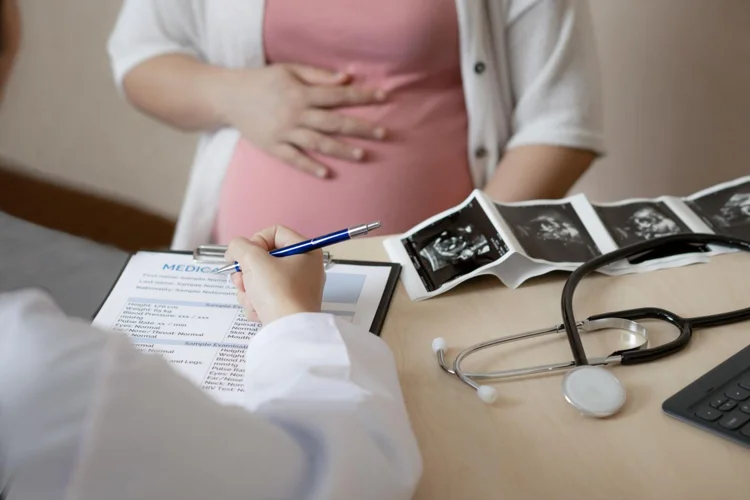
Myths About STDs and Pregnancy
Myth: STDs Only Affect People Who Have Multiple Sexual Partners
Fact: Anyone who is sexually active can contract an STD, even if they have
only one partner. It is important for all pregnant women to get tested for STDs regardless
of their sexual history.
Myth: If There Are No Symptoms, There’s No Risk to the Baby
Fact: Many STDs can be asymptomatic, meaning you might not have any
noticeable symptoms but can still pass the infection to your baby. Regular screening is
essential to detect and treat STDs early.
Myth: You Can’t Treat STDs During Pregnancy
Fact: Many STDs can be safely treated during pregnancy with medications.
Early treatment can prevent complications and transmission to the baby.
Myth: Only Certain Types of STDs Can Affect Pregnancy
Fact: All STDs have the potential to impact pregnancy in various ways. It
is important to get tested for a comprehensive range of STDs to ensure the health of both
the mother and baby.
Myth: Using Condoms Always Prevents STDs During Pregnancy
Fact: While condoms significantly reduce the risk of many STDs, they do not
provide 100% protection. Some infections, like herpes and HPV, can be transmitted through
skin-to-skin contact in areas not covered by a condom.

Testing & Treatment of STDs During Pregnancy
In Singapore, pregnant women usually undergo early testing for sexually
transmitted infections (STIs) during their first trimester prenatal visits.
Depending on individual risk factors such as the number of sexual partners and previous STI
history, the gynaecologist may recommend additional testing later in the pregnancy.
Treating STIs during pregnancy is
essential to protect the health of both the mother and the baby. For bacterial infections
like syphilis, gonorrhoea, and chlamydia, antibiotics are usually prescribed, which can
eliminate the infection and prevent complications. For viral infections such as herpes and
HIV, antiviral medications can help manage the infection and lower the chance of
transmission to the baby. It is important to follow the schedule of prenatal appointments
and adhere to the treatment plan provided by the gynaecologist. Early detection and
treatment of STIs can greatly reduce the risk of negative outcomes and promote a
healthier pregnancy.
Disclaimer: This information is for general knowledge only and
should not replace professional medical advice. Always consult your gynaecologist or
doctor provider regarding your specific circumstances.
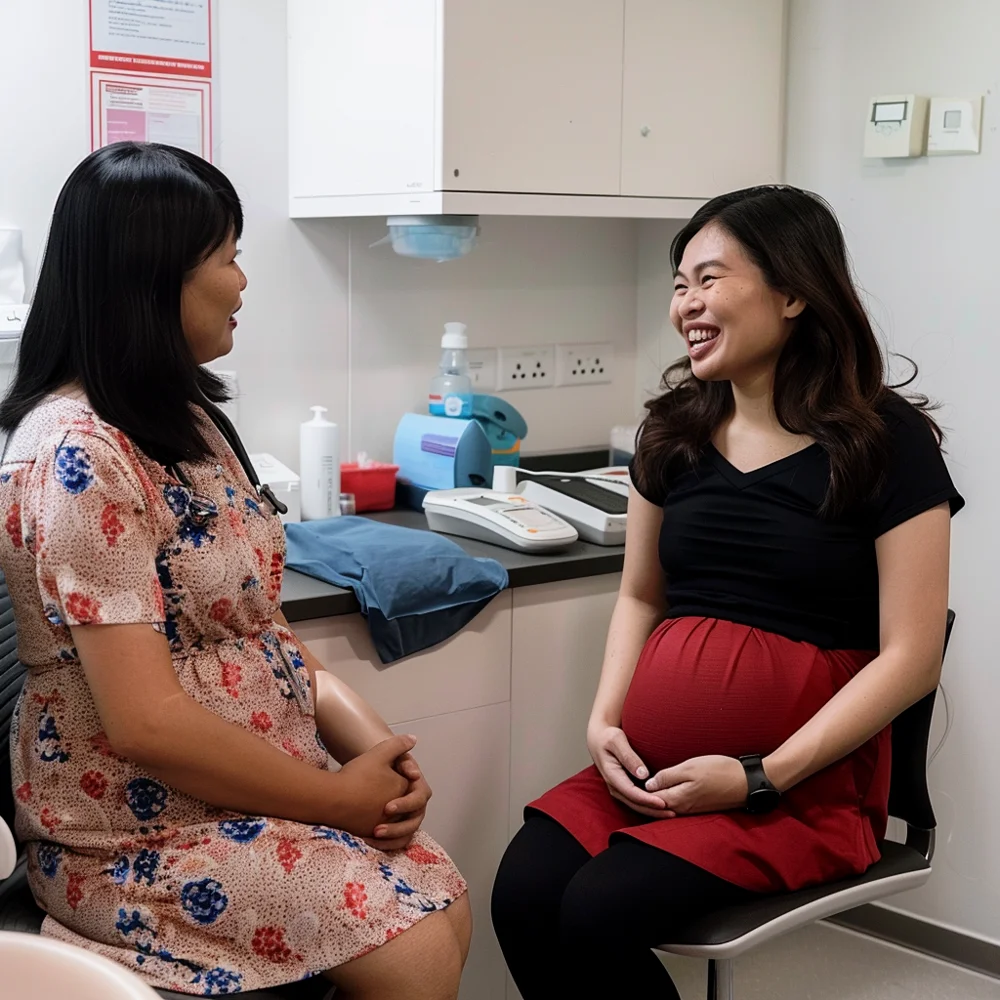
Preventing STDs Before & During Pregnancy
- Safe Sex Practices: Using protection such as condoms and dental dams, and engaging in mutually monogamous relationships can significantly reduce the risk of STDs. Open communication with partners about sexual health and STD testing is also important.
- Importance of Prenatal Care: Regular prenatal care is crucial for early detection and management of STDs. Prenatal visits provide an opportunity to test for infections, receive appropriate treatment, and monitor the health of the mother and baby.
-
Vaccinations and Other Preventive Measures: Vaccinations can prevent
certain STDs, such as HPV and Hepatitis B. Pregnant women should also
be aware of preventive measures like avoiding sharing needles and reducing exposure to
infected individuals.
Note: We are unable to administer these vaccines during pregnancy; therefore, it is advisable to receive them as part of pre-conception planning.
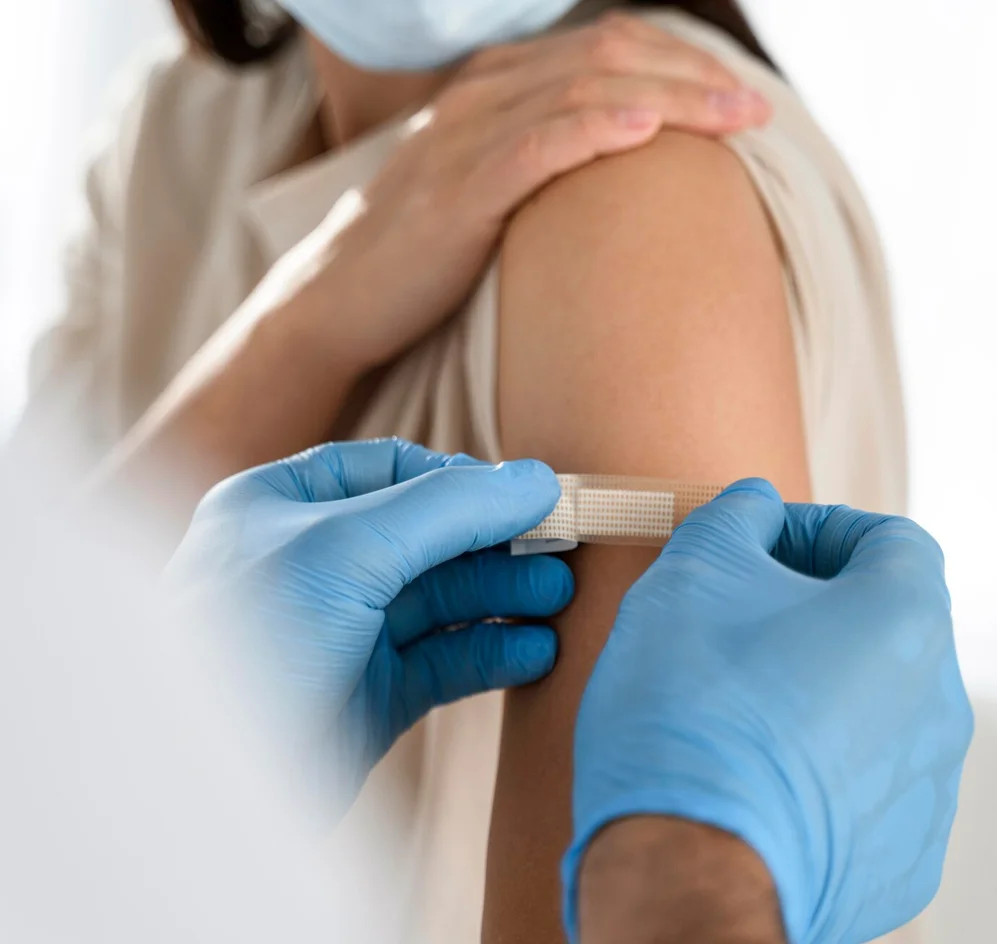
Summary
STDs can have serious implications for both maternal and infant health during pregnancy. Preventive measures such as early testing, safe sex practices, regular follow-ups, and timely treatment are crucial to minimise risks and ensure a healthy pregnancy. By taking these steps, mothers can protect themselves and ensure their baby's health, safeguarding their future. Lastly, it is important to consult your gynaecologist promptly if you have any concerns about STDs and your pregnancy.
Why Choose ATA Medical?

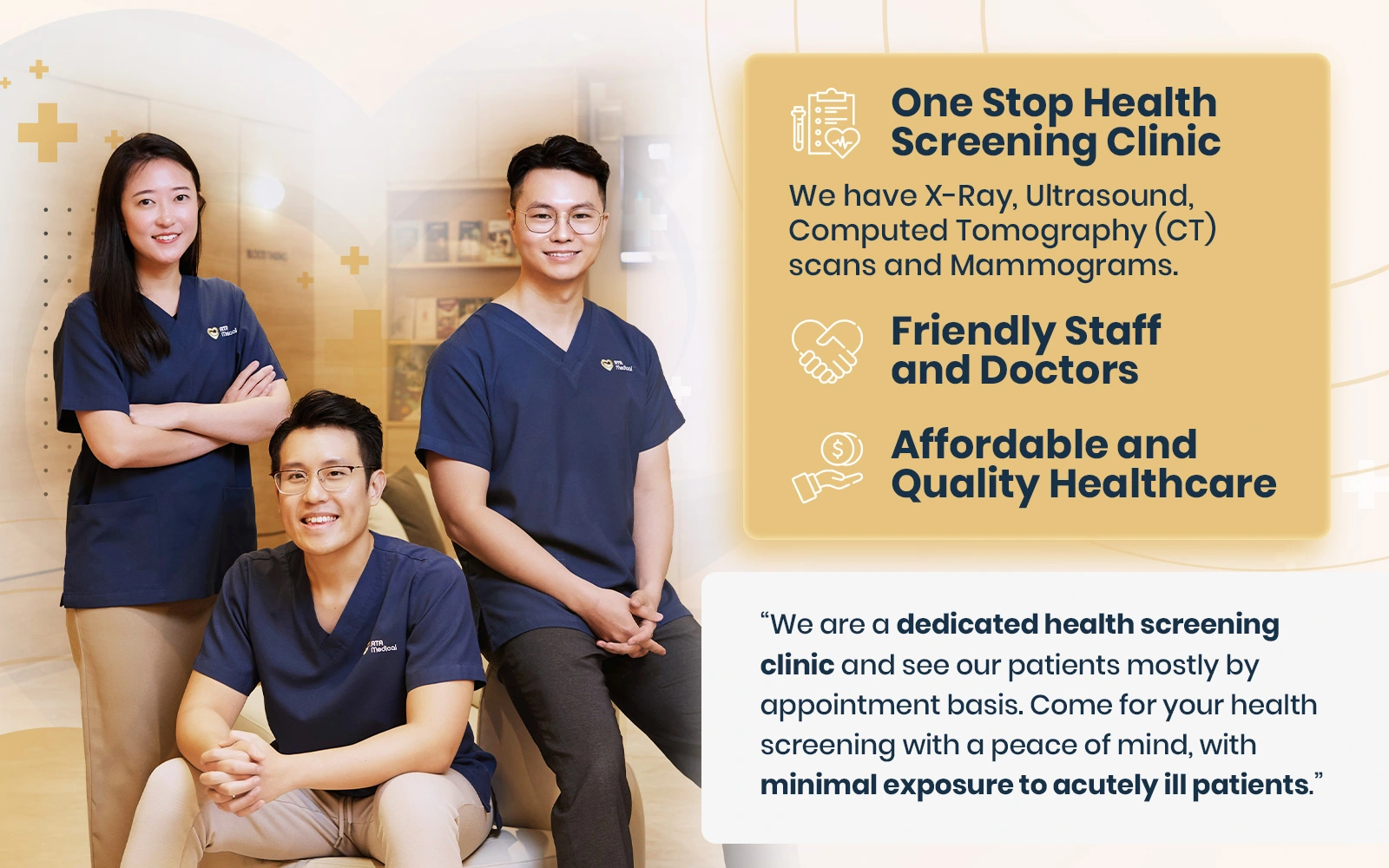


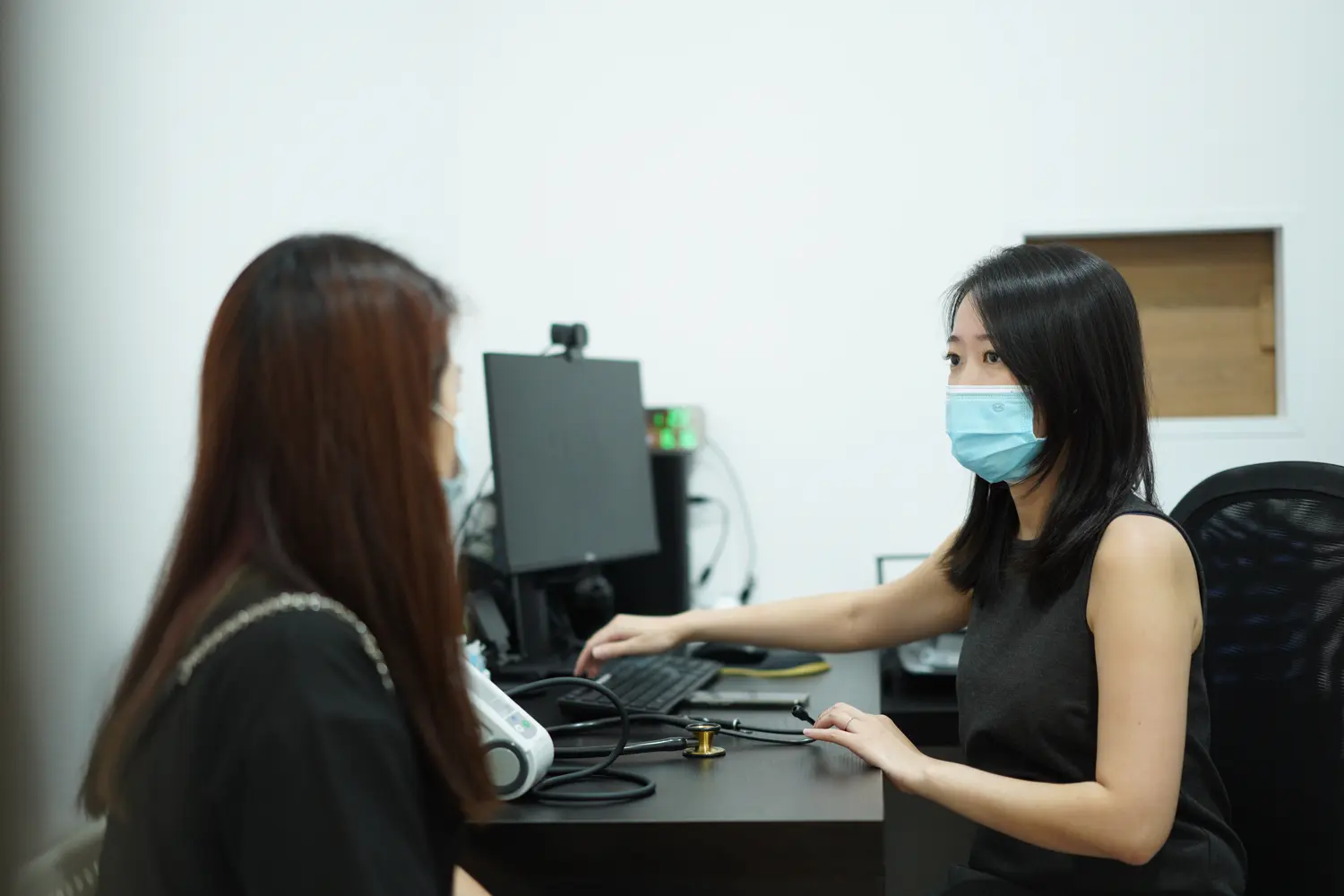



Delivering Care Patients Appreciate
What to Expect
FAST RESULTS
We strive to deliver your results within 7 working days.
MINIMUM WAITING TIME
Our patient-oriented processes ensure your waiting time is kept to a minimum.
Friendly Service
Service is a top priority for us at ATA Medical.
Email Us at camden@atamed.sg for more
information.
Book your STD screening with us at 88750352


